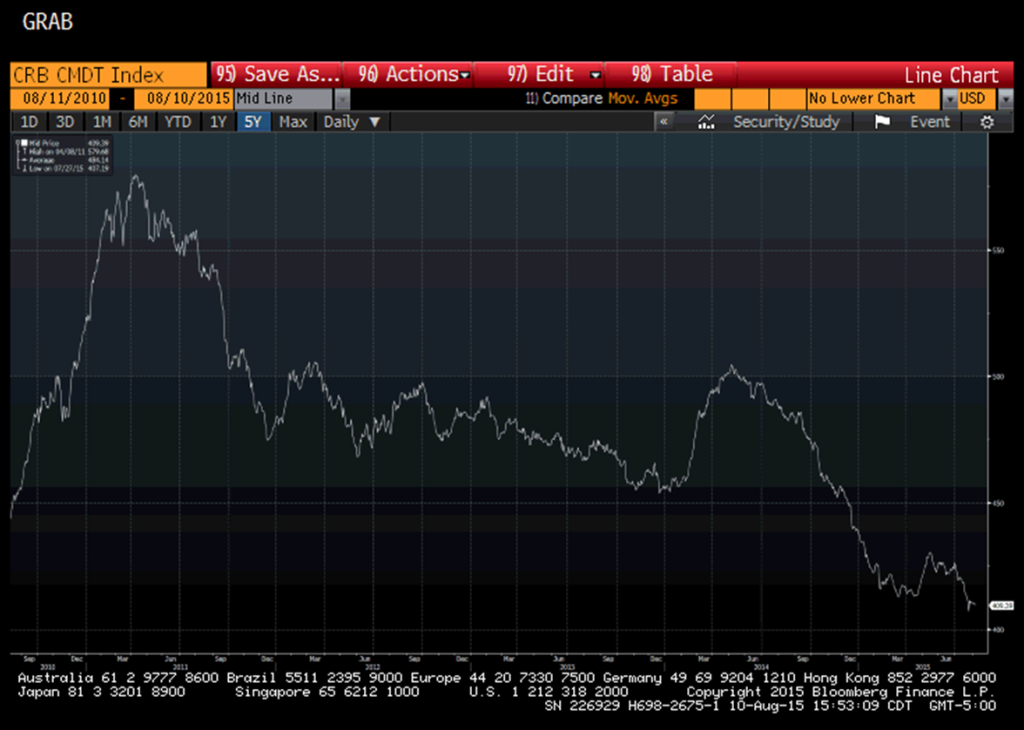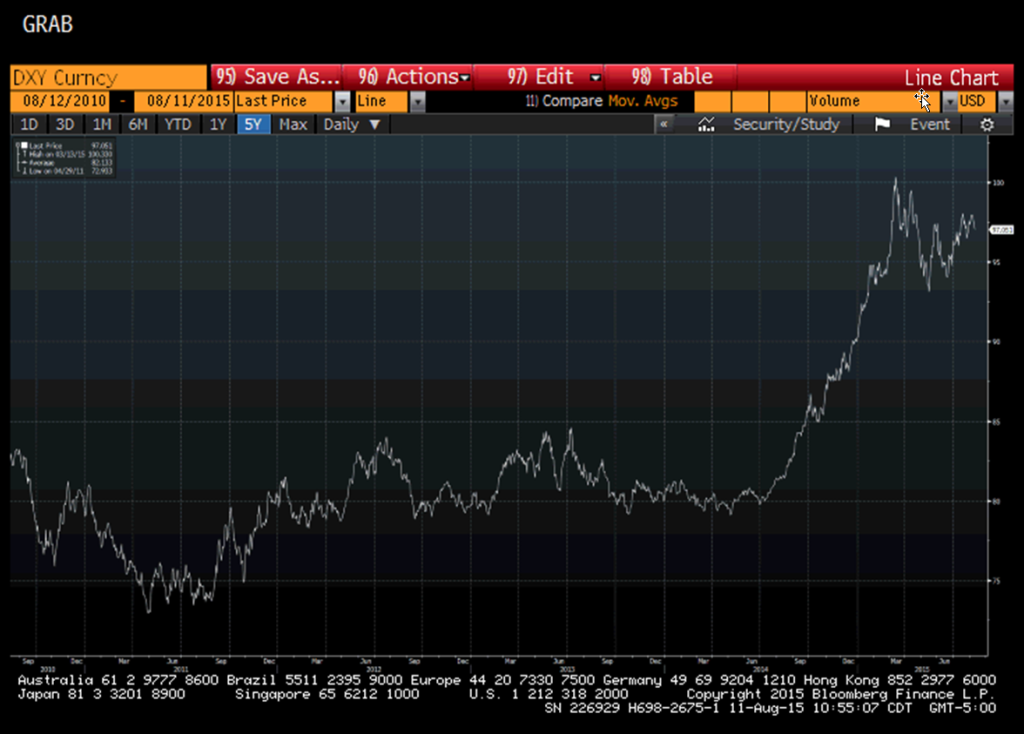I watched the “Republican Candidates Debate” last Thursday evening. This early in the campaign, watching the event is something you typically do when you have no other plans. However, the first Republican debate was some of the better prime time programming shown on television in a while. Donald Trump was a total wild card and stole the show. I’m not saying he won the debate, or that he is/isn’t the best candidate for president. I’m saying he stole the show. And he changed the way debates unfold.
Right from the beginning when the moderators asked the ridiculous “pledge” question, ”If you are not nominated, will you PLEDGE to support the nominee and not run as an independent? Raise your hand if you will NOT pledge.” The only hand to be raised was Donald’s. That set the tone for the evening.
Most of the other nine candidates (a couple of whom might actually be good presidential material) had their usual pre-prepared speeches that they recited whenever they were asked a question, regardless of the question.
Trump? He just said whatever came to his mind. It was hilarious. A total loose cannon who might end up becoming the Republican nominee.
What isn’t hilarious is that whoever wins the Republican nomination (and maybe gets elected president) will probably win the election based upon his/her domestic policies. However, what we need today more than ever, is a president whose strong point is foreign policy. Knowing how to deal with Putin/Russia, the Middle East, China, Afghanistan, Africa and a host of other hot spots will prove much more valuable to the future of America than issues that are better off left to the states or Congress.
The debate had a record 24 million viewers, according to Nielsen. And depending on who you ask, there were many different winners. I think only one person truly won the Republican debate. That person is Hillary Clinton. If her name was mentioned once, it was mentioned 20 times. No one ever said, “Whoever wins the Democratic nomination.” They always said “Hillary Clinton” or just “Hillary.” She’s become like Cher or Madonna. No need to mention a last name. She received more free validation from the Republican candidates than she ever could have mustered up on her own.
Even though the election is 15 months away, the next debate is September 16th. I don’t know about you, but I will be watching. It’s bound to be one of the best reality shows ever broadcast.
It is widely expected that the Federal Reserve will raise interest rates next month for the first time in forever. The reason it is widely expected is because Janet Yellen, Chair of the Board of Governors of the Federal Reserve System, keeps stating that the Fed might hike interest rates at their September meeting.
She didn’t actually say they definitely would raise rates in September. But she has listed all sorts of criteria and parameters that would warrant an increase in interest rates. Things like inflation, unemployment, GDP… yada, yada, yada. It’s always just vague enough that, if they decide to NOT raise rates, they have “plausible deniability.”
But the Fed has some problems with raising interest rates and one of their problems is seen in the graph below. This is a 5-year graph of the Commodity Research Bureau (CRB) Index. The CRB Index illustrates the prices of 22 major commodities.

Other than a significant blip about a year ago, this index has been in a downward trend for over four years. Oil, metals and produce. All keep getting cheaper and cheaper. A barrel of crude is now trading under $44 after trading at $107 just one year ago.
Since the price of commodities is an important contributor to inflation, it would be difficult to make a case that we need to be worried about inflation.
Another problem the Fed has with raising interest rates is the US dollar. Below is a 5-year graph of the US Dollar Index. A strong dollar puts a mild crimp in economic growth, as it makes our products more expensive to foreign consumers.

Raising interest rates next month could make the dollar stronger and could further slow the economy. Don’t be surprised if the Fed elects to leave interest rates where they are. Maybe they will wait to see what Donald Trump has to say during the September debate.
After a bond market sell-off this summer, we are seeing bonds rally and the 10-year Treasury bond is yielding 2.12% after hitting 2.5% in June.
Stock markets were mixed in July with the S&P 500 gaining 2% and foreign markets losing .4%. Foreign markets continue to look cheap to us, but they may continue to get cheaper before attracting investors again. It’s hard to tell where the bottom is until after it has been hit.
At Boyer & Corporon Wealth Management, eventually we will increase our allocation to foreign markets, but we are in no hurry. And we don’t see any reason for significantly higher interest rates any time soon.
This information is provided for general information purposes only and should not be construed as investment, tax, or legal advice. Past performance of any market results is no assurance of future performance. The information contained herein has been obtained from sources deemed reliable but is not guaranteed.
